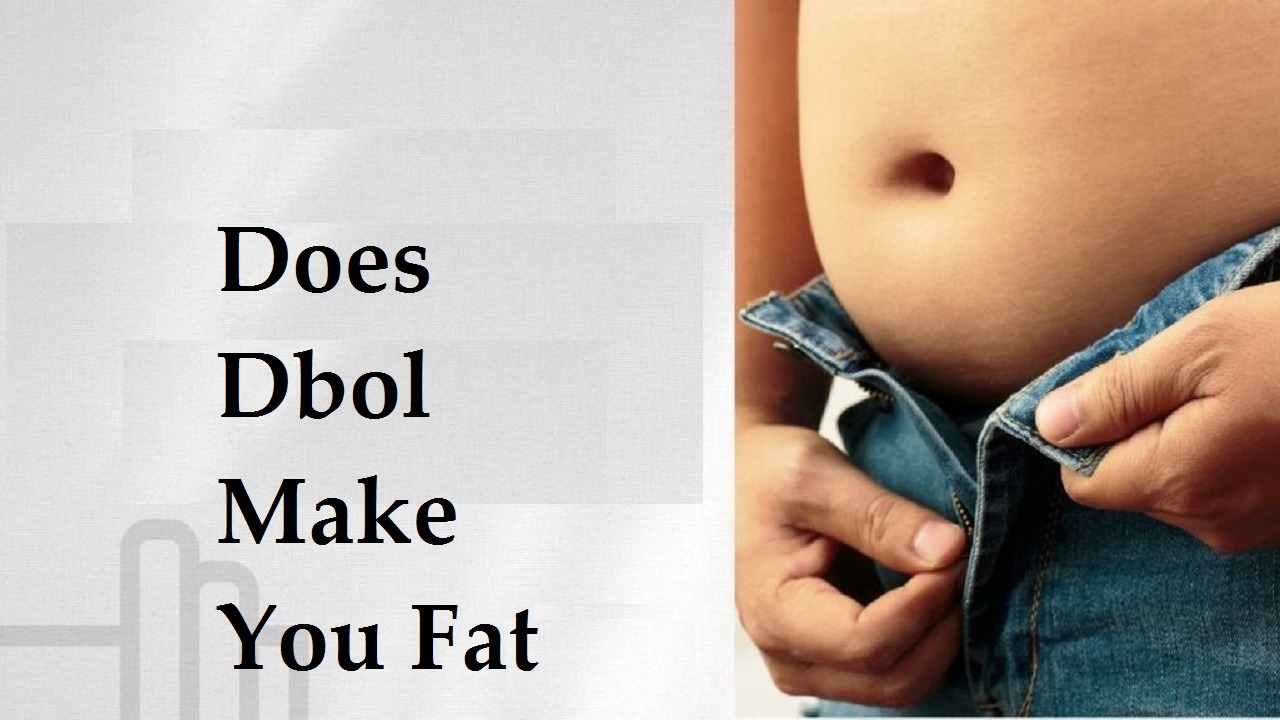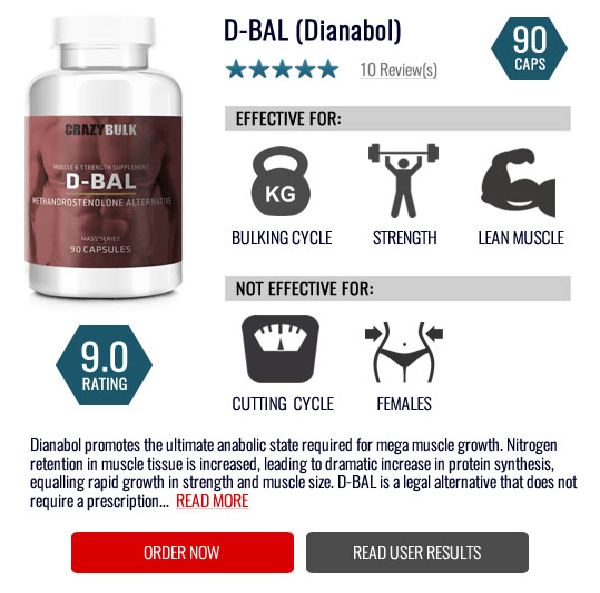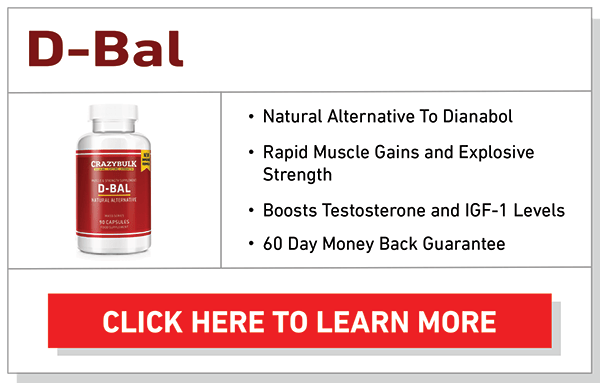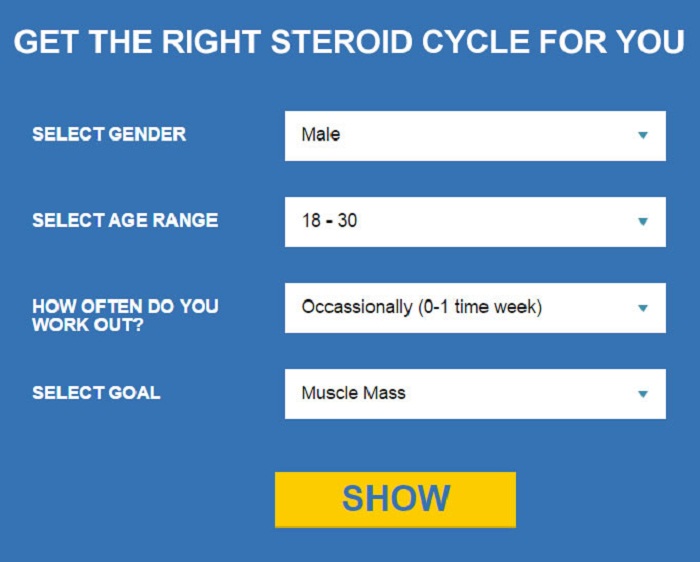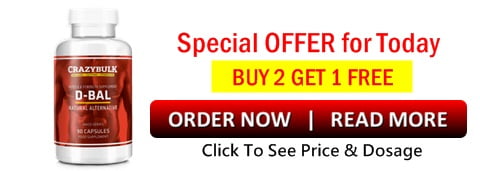Does Dbol Make You Fat?
Contents
- 1 Does Dbol Make You Fat?
- 2 Understanding Dianabol (Dbol):
- 3 Dbol and Body Composition
- 4 Dbol Myths vs. Facts
- 5 Dbol and Metabolism
- 6 Common Misconceptions
- 7 The Impact of Dbol on Hormones
- 8 Long-Term Health Considerations
- 9 Dbol Cycling Strategies
- 10 A Comprehensive Approach to Dbol Use
- 11 Advanced Considerations
- 12 Conclusion
- 13 Frequently Asked Questions (FAQs):
In the ever-evolving landscape of fitness and bodybuilding, the role of anabolic steroids is a topic often surrounded by myths and misinformation. Dianabol, colloquially known as Dbol, has been a stalwart in the arsenal of many athletes seeking to amplify muscle growth and performance. However, a persistent question continues to reverberate within the fitness community: Does Dbol make you fat? This comprehensive exploration seeks to dissect the multifaceted nature of Dianabol, focusing on its mechanisms, its influence on body composition, and the veracity of the claim that Dbol contributes to fat gain.
Also Read: Does Dianabol Make You Angry?
Understanding Dianabol (Dbol):
1. What is Dianabol?
Dianabol, or Methandrostenolone, is a synthetic anabolic steroid developed in the 1950s. Initially intended to aid athletes in achieving peak performance, Dbol has become synonymous with rapid muscle growth and strength gains.
2. Mechanism of Action:
Dbol exerts its effects by binding to androgen receptors in muscle tissues, triggering an increase in protein synthesis and nitrogen retention. These processes lay the foundation for enhanced muscle growth and recovery. The question that looms large—does Dbol make you fat?—demands a nuanced examination of its impact on body composition.
Dbol and Body Composition

1. Muscle Growth vs. Fat Gain:
Contrary to the misconception that Dbol induces fat gain, its primary function centers on promoting muscle growth. The heightened protein synthesis and nitrogen retention foster the development of lean muscle mass. However, individual responses to Dbol can vary, and factors such as diet and training play pivotal roles in determining overall body composition changes.
2. Water Retention:
One of the factors contributing to the perception that Dbol makes you fat is water retention. Dbol is known to cause fluid retention, leading to a temporary increase in body weight. This, however, is not indicative of fat gain but rather a side effect that can be managed with proper hydration and dietary adjustments.
Dbol Myths vs. Facts
| Myth | Fact |
| Dbol automatically leads to fat gain. | Dbol primarily stimulates muscle growth, and fat gain is not a direct result. |
| All Dbol users experience water retention. | Water retention varies among individuals, and not everyone using Dbol will experience this side effect. |
| Dbol users don’t need to focus on diet and exercise. | A balanced diet and regular exercise are essential for optimizing Dbol’s effects and minimizing potential side effects. |
Dbol and Metabolism
1. Metabolic Rate:
Dbol’s potential influence on metabolism adds another layer to the question of whether Dbol makes you fat. While it may indirectly impact metabolism through increased muscle mass, the real determinant of fat loss lies in diet and exercise.
2. Diet and Exercise:
Dbol should not be viewed as a standalone solution for body transformation. Optimal results are achieved when Dbol use is complemented by a calorie-appropriate diet and regular physical activity.
Common Misconceptions
1. “Dbol automatically leads to fat gain.”
This misconception arises from the misinterpretation of temporary water retention as fat gain. Proper diet, hydration, and understanding of the transient nature of this side effect are essential to manage these concerns.
2. “Dbol users don’t need to focus on diet and exercise.”
Contrary to this belief, incorporating a healthy diet and regular exercise is fundamental for maximizing Dbol’s benefits and minimizing potential side effects.
The Impact of Dbol on Hormones

1. Testosterone Suppression:
Dbol use can suppress natural testosterone production, necessitating post-cycle therapy (PCT) to restore hormonal balance.
2. Estrogenic Effects:
Dbol’s aromatizing nature can elevate estrogen levels, potentially leading to water retention and gynecomastia. Monitoring and managing these hormonal changes are crucial during Dbol use.
Long-Term Health Considerations
1. Liver Health:
Dbol’s hepatotoxicity underscores the importance of monitoring liver function during use. Regular liver function tests and responsible use can mitigate potential risks.
2. Cardiovascular Impact:
Dbol may impact cholesterol levels, emphasizing the need for regular cardiovascular assessments and heart-healthy practices during use.
Dbol Cycling Strategies
1. On-Cycle Support:
Incorporating on-cycle support supplements can help mitigate potential side effects, promoting a more balanced Dbol experience.
2. Post-Cycle Therapy (PCT):
PCT is essential for restoring hormonal balance post-Dbol cycle, ensuring a smoother transition for the body.
A Comprehensive Approach to Dbol Use
Beyond the singular focus on the question, “Does Dbol make you fat?” a comprehensive approach to Dbol use is imperative. This encompasses not only responsible steroid administration but also a holistic commitment to overall health.
Advanced Considerations
1. Advanced Dbol Stacks:
For seasoned users, combining Dbol with other compounds can be a strategic approach. However, caution and a deep understanding of each compound’s effects are paramount.
2. Individual Variability:
Individual responses to Dbol can vary significantly. Factors such as genetics, age, and overall health play crucial roles in determining how an individual’s body reacts to Dbol.
Conclusion
In conclusion, debunking the myth that Does Dbol makes you fat requires a nuanced understanding of its mechanisms and effects. While Dbol can induce water retention and a temporary increase in body weight, these changes are not indicative of fat gain. A successful Dbol cycle necessitates a balanced approach, incorporating a suitable diet, regular exercise, and responsible steroid use.
Frequently Asked Questions (FAQs):
Q1: Does Dbol directly lead to fat gain?
A1: No, Dbol does not directly lead to fat gain. Its primary mechanism revolves around stimulating muscle growth through increased protein synthesis and nitrogen retention.
Q2: Can Dbol cause water retention in everyone?
A2: Water retention varies among individuals. While some users may experience it, others may not. Factors such as dosage, genetics, and overall health play a role in its occurrence.
Q3: How long does water retention last during Dbol use?
A3: Water retention is often a temporary side effect and tends to subside post the Dbol cycle. Proper hydration and a balanced diet can help manage and reduce its impact.
Q4: Does Dbol impact metabolism, leading to fat loss?
A4: Dbol can indirectly influence metabolism through increased muscle mass, potentially aiding in fat loss. However, the primary drivers of fat loss remain diet and exercise.
Q5: Is a calorie-appropriate diet necessary while using Dbol?
A5: Yes, maintaining a well-balanced diet is crucial while using Dbol. A diet rich in protein and nutrients supports muscle growth and overall health.
Q6: Are there any specific dietary recommendations during a Dbol cycle?
A6: While there are no strict dietary guidelines, emphasizing a diet with adequate protein, healthy fats, and complex carbohydrates can optimize the effects of Dbol.
Q7: Can Dbol be used for fat loss?
A7: Dbol is not typically used for fat loss purposes. Its primary function is to promote muscle growth. Other compounds may be more suitable for fat loss.
Q8: How does Dbol impact cholesterol levels?
A8: Dbol may adversely affect cholesterol levels. Regular monitoring and adopting heart-healthy practices are advisable during Dbol use.
Q9: Is it advisable to use Dbol for an extended period?
A9: Prolonged use of Dbol can pose risks to liver health and hormonal balance. It’s recommended to adhere to recommended cycles and consult with a healthcare professional.
Q10: Can Dbol be stacked with other compounds for better results?
A10: Yes, Dbol can be stacked with other compounds, but caution is advised. Understanding the interactions and potential side effects of each compound is crucial for a safe stack.
Q11: Does Dbol impact natural testosterone production?
A11: Yes, Dbol use can suppress natural testosterone production. Post-cycle therapy (PCT) is often recommended to restore hormonal balance.
Q12: How soon can one expect to see results from a Dbol cycle?
A12: Individual responses vary, but some users may notice increased strength and muscle fullness within the first few weeks of a Dbol cycle.
Q13: Can women use Dbol without the risk of virilization?
A13: Dbol is not recommended for women due to its strong androgenic nature, which increases the risk of virilization (development of male characteristics).
Q14: How can one manage the potential side effects of Dbol?
A14: Monitoring health markers, staying hydrated, incorporating on-cycle support supplements, and following a well-structured cycle with PCT can help manage potential side effects.
Q15: Are there alternatives to Dbol for muscle growth without potential side effects?
A15: Yes, there are alternatives to Dbol that claim to offer muscle growth benefits without the potential side effects associated with anabolic steroids. However, their efficacy varies, and consultation with a healthcare professional is advisable.
Q16: Can Dbol be used for cutting cycles?
A16: While Dbol is not typically used for cutting, some individuals incorporate it into their cycles for its muscle-preserving properties during calorie deficits. However, this is not a standard practice.
Q17: Is it safe to use Dbol without a prescription?
A17: Using Dbol without a prescription is illegal and poses serious health risks. Obtaining steroids through legal channels, such as a healthcare professional, is essential for safety.
Q18: Can Dbol contribute to mood swings or aggression?
A18: Some users report mood swings or increased aggression, often referred to as “roid rage,” as potential side effects of Dbol. However, individual experiences vary.
Q19: Can the effects of Dbol be permanent?
A19: The muscle gains achieved during a Dbol cycle are not permanent. Without proper maintenance through consistent training and nutrition, these gains can diminish post-cycle.
Q20: Are there specific age restrictions for Dbol use?
A20: The use of Dbol, like any anabolic steroid, is generally discouraged for individuals under the age of 25 when natural testosterone production is still developing. Consulting with a healthcare professional is advisable.
These FAQs aim to provide a more in-depth understanding of the intricacies surrounding Dbol use, shedding light on common concerns and considerations for individuals contemplating or currently incorporating Dbol into their fitness regimen. Remember, individual responses may vary, and seeking professional guidance is essential for a safe and informed approach.
